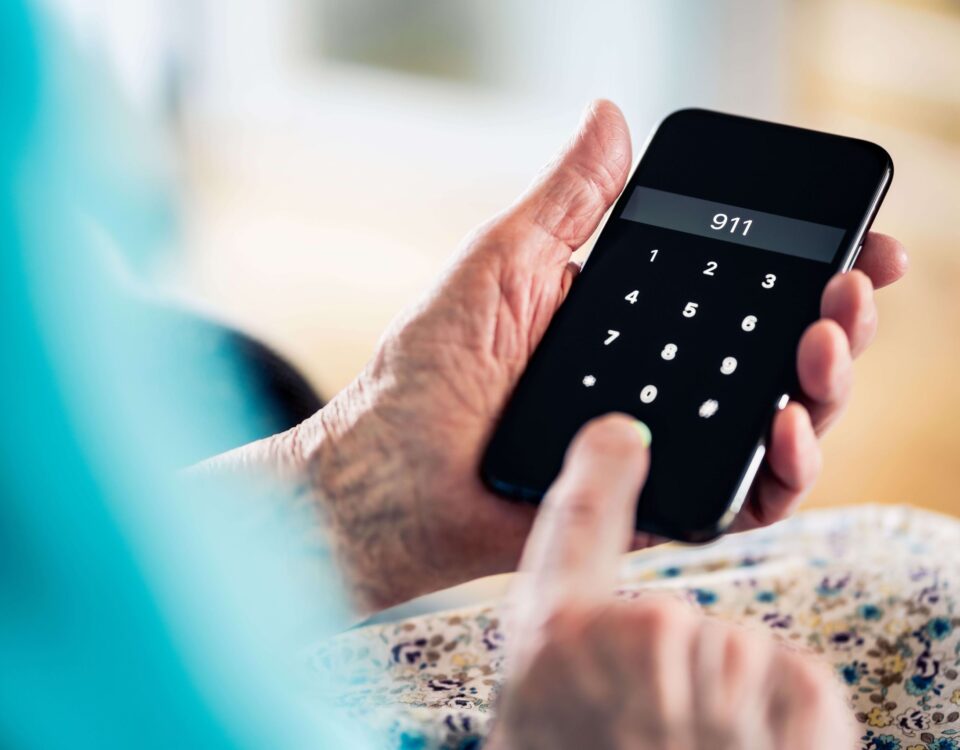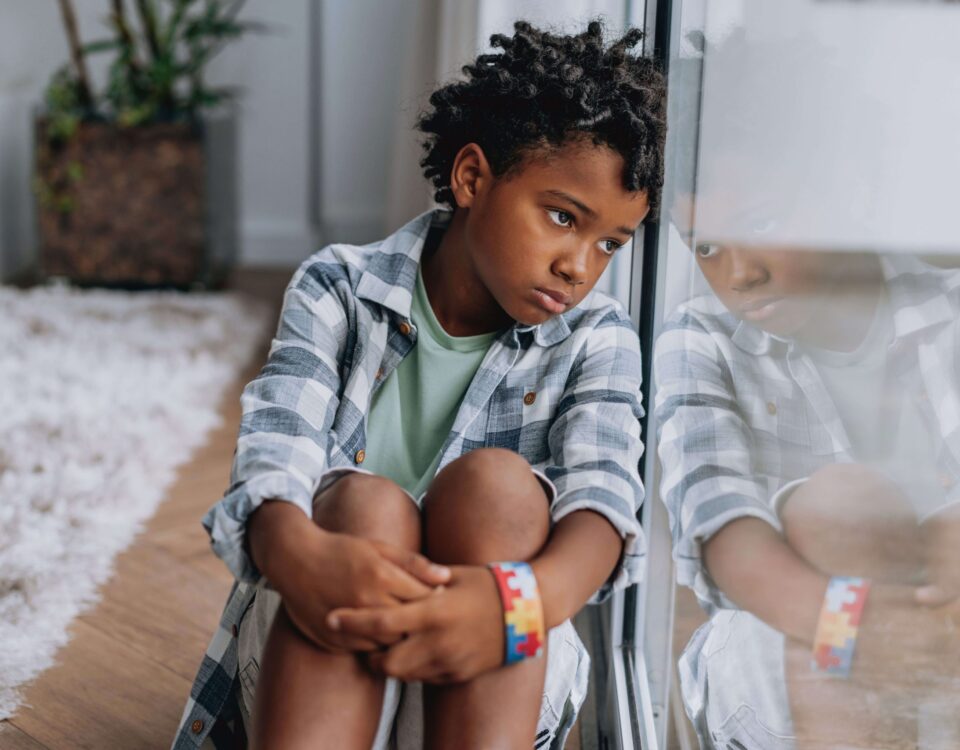- Have any questions?
- 412-123-4567
- noreply@upmc.com
How to Help During a Mental Health Emergency

Before the onset of the COVID-19 pandemic, 18% of the U.S. population was living with anxiety and 7% was living with depression. Together, that's 1 American in 4—and mental health diagnoses have only increased as the pandemic has worn on.
According to a study published in the medical journal The Lancet, the number of people reporting depression symptoms increased from about 28% to almost 33% between 2020 and 2021, especially in persons who were low-income, single, or experiencing multiple stressors during the COVID-19 pandemic.
Mental health emergencies also have increased year over year, including 50% more suspected suicide attempt-related emergency visits by adolescent girls in the first part of 2021 than the same period in 2019.
What Is A Mental Health Emergency?
A mental health emergency is a life-threatening situation where a person poses harm to themselves or to others. In the event you experience a mental health emergency, it's important to know what to do.
Steps to Help During a Mental Health Emergency
If you have a friend or family member experiencing a mental health emergency, Scientific American suggests learning these simple steps, known as psychological or mental health “first aid."
Reestablish the person's sense of safety.
Use calm words of reassurance. If the person you are helping feels safe with you and where they are, they are more likely to stay calm.
Know what not to say.
If the person is experiencing distress because of a recent trauma, try talking about other things. Talking about traumatic events may only escalate the situation.
Boost the person's confidence.
Reassure them that they can handle the situation at hand. Remind them of the things they are doing well, such as taking care of their children or keeping in touch with friends and family members.
Simple steps like these could decrease anxiety or depression, and even help save a life.
Another set of steps provided by the American Medical Association can help prevent a mental health emergency before it even starts. These steps can be used to monitor your own mental health and the mental health of those around you.
Steps to Prevent a Mental Health Emergency
If you are feeling an increase in your symptoms of stress, anxiety, or depression:
Take time for yourself.
Make sure to continue doing the activities that you enjoy. When you are feeling stressed, read a book, take a virtual yoga class, or sit outside in the sun for a while.
Use healthy coping strategies.
Get enough rest, eat healthy foods, exercise, and stay in contact with friends and family. Unhealthy coping habits, such as substance use, can make your symptoms worse.
Don't forget to feel.
Paying attention to your emotions is the best way to keep in touch with yourself. Don't get so busy that you no longer recognize the negative effects of stress or sadness on your mind or body.
Perform regular self-check-ins.
Take an inventory of how you are feeling. If you are having symptoms of anxiety or depression, such as not wanting to go to work or sadness or apathy over a long period of time, talk to a trusted friend or a medical professional.
Take breaks from the news and social media.
Our 24/7 news cycle can create stress all its own. Step away from your computer and smart phone occasionally. When going online, focus on information from reputable sources, not just sources in your social media feed. Be aware of sensationalized news.
Don't Hesitate to Ask for Help
No problem is too small to seek help. If you or a loved one is feeling overwhelmed, if you are not sure what to do next, or if you need someone to talk to:
Reach out.
Contact a friend, family member, or your doctor.
Call a crisis line.
If you or someone you know is experiencing suicidal thoughts, remember you are not alone. Help is available. Resolve Crisis Services provides free, 24/7 mental health counseling to Allegheny County residents at 1-888-796-8226. You can also call the National Suicide Prevention Lifeline at 988 or chat online.
Call 911.
If you or a loved one is at immediate risk of self-harm or suicide, call 911 or go to your nearest emergency department.



